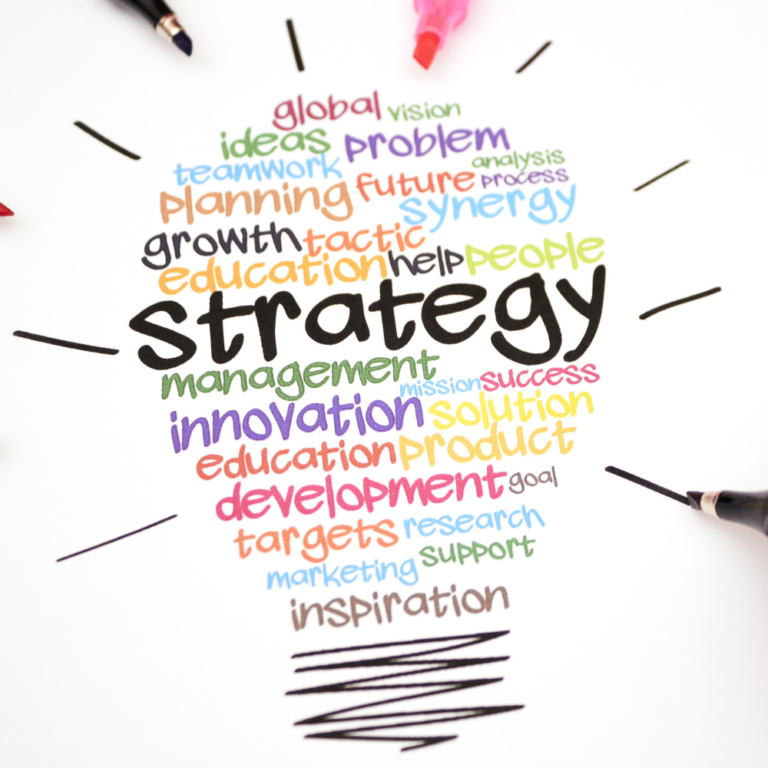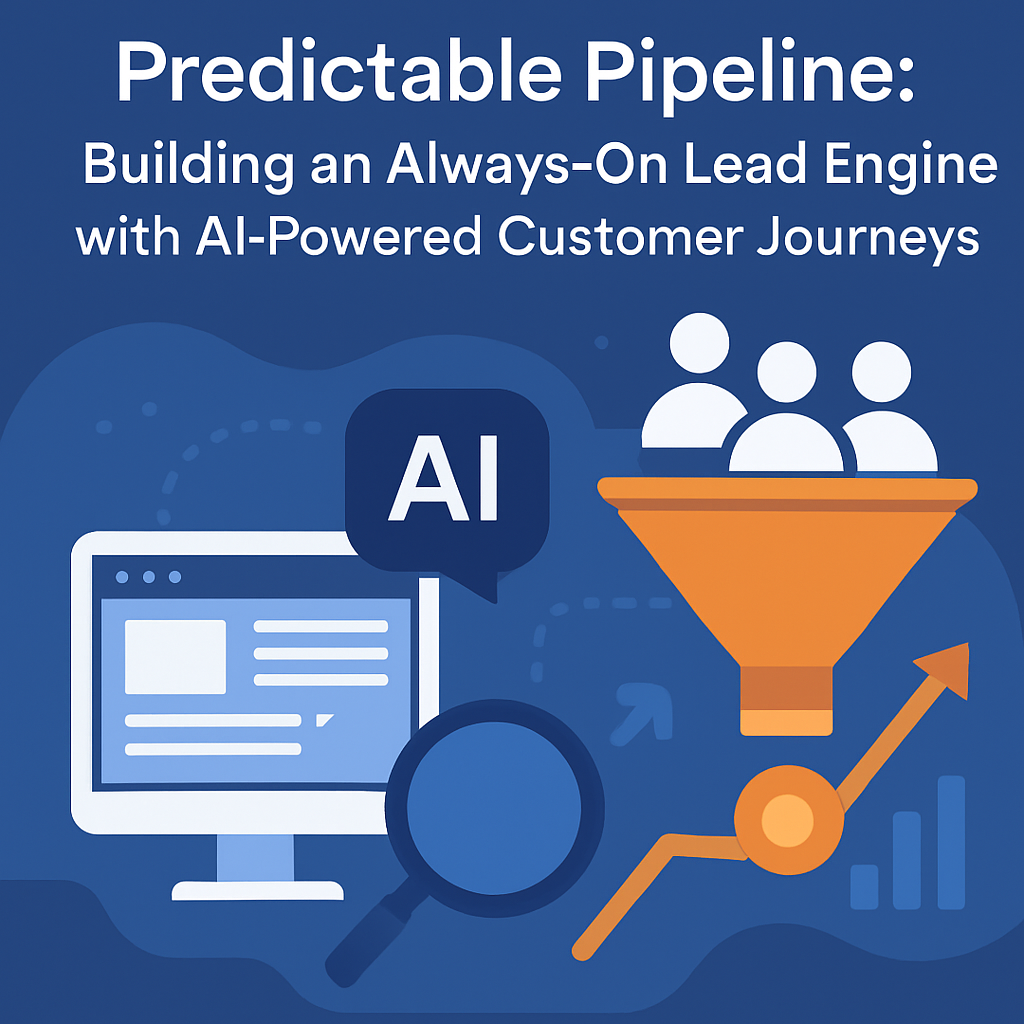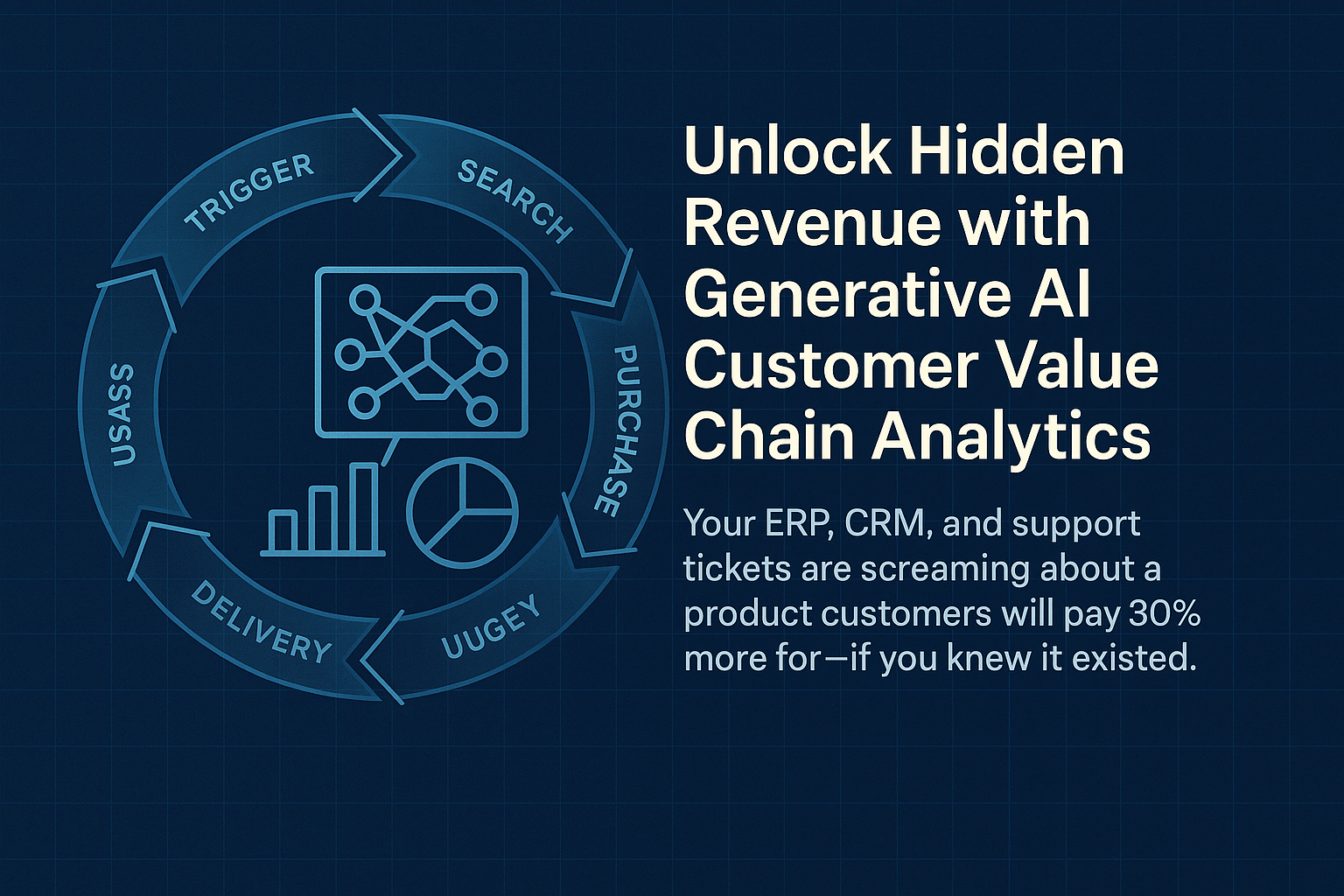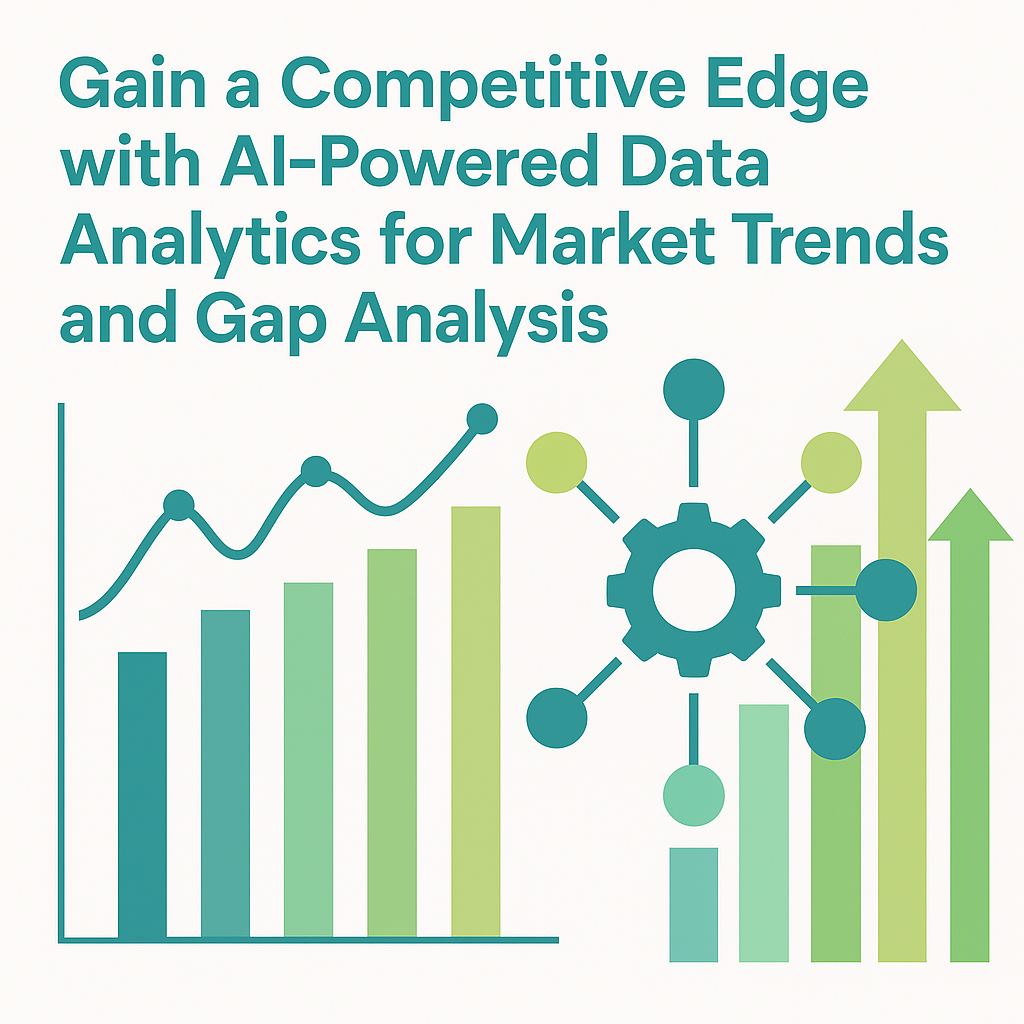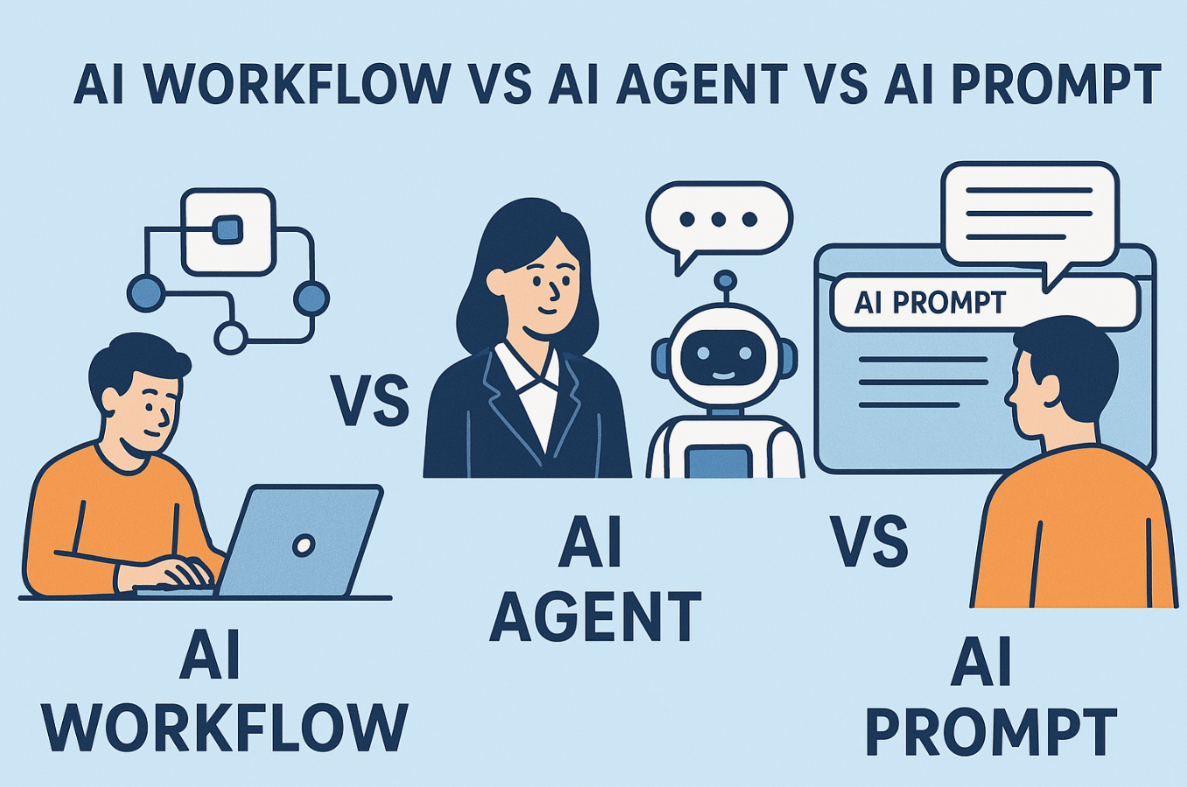AI marketing is a topic that is growing rapidly. As AI continues to transform various industries, understanding how to leverage these advancements is necessary to stay competitive. This article explores strategies for success in the future of AI marketing, providing actionable insights for businesses looking to thrive in an AI-driven world.
The future of AI marketing involves integrating AI technologies to optimize marketing efforts, enhance customer experiences, and drive business growth. Key strategies include utilizing AI for customer sentiment analysis, implementing AI chatbots for improved customer service, and leveraging AI-driven data analytics to refine marketing campaigns. By adopting these strategies, businesses can stay ahead of the curve and capitalize on the opportunities presented by AI advancements in marketing.
Key Takeaways
- AI transforms the marketing landscape by providing deeper customer insights, enhancing customer experiences, and optimizing marketing efforts.
- Key trends in the future of AI marketing include personalized marketing, AI-powered content creation, and easier-to-produce predictive analytics.
- Integrating AI into your marketing strategy involves leveraging AI tools for customer sentiment analysis, utilizing AI chatbots, and adopting AI-driven analytics tools.
- Preparing your business for the future of AI marketing requires staying informed about AI advancements, building a scalable AI infrastructure, and collaborating with AI experts.
- By adopting these strategies, businesses can stay competitive and capitalize on the opportunities presented by AI advancements in marketing.
To ensure your business is well-prepared for the future of AI marketing, it’s essential to stay informed and proactive in implementing these strategies. Keep reading to discover how to integrate AI effectively into your marketing efforts and achieve long-term success.
Table of Contents
Understanding the Impact of AI on Marketing
AI is poised to impact various facets of the marketing landscape. AI’s ability to analyze large datasets swiftly and accurately enables business owners to gain deeper insights into customer behaviors and preferences. Unlike traditional methods, AI-driven tools can track and analyze social media interactions in real time, providing an up-to-date and comprehensive picture of customer sentiment. This enables businesses to tailor their strategies more precisely and respond to trends and issues.
Consider a case study of a tech company that implemented AI to enhance its marketing efforts. By utilizing AI-powered analytics, the company could identify key customer pain points and preferences far more quickly than with manual analysis. AI accelerated this process and uncovered patterns that were not immediately apparent through traditional methods. This led to more personalized and effective marketing campaigns, significantly improving customer engagement and conversion rates. The tangible benefits of AI integration, such as increased speed and accuracy, showcase its superiority over conventional approaches.
AI also plays a crucial role in enhancing customer experiences. AI-powered chatbots will handle 70% of white-collar workers’ tasks, including customer service interactions. AI chatbots, for instance, can provide instant and accurate responses to customer inquiries anytime, improving satisfaction and fostering loyalty. Unlike human representatives or traditional manually coded chatbots, these chatbots can handle virtually unlimited interactions simultaneously, ensuring no customer is left waiting. They can manage various tasks, from answering frequently asked questions to guiding customers through the purchasing process, making them invaluable assets in the future of AI marketing. This level of efficiency and availability is difficult to achieve with traditional customer service methods.
Future of AI Marketing: Key Trends to Watch
As we look toward the future of AI marketing, several key trends are poised to redefine how businesses approach their marketing strategies. Personalized marketing, powered by AI-driven customer insights, is evolving beyond current capabilities. Future AI systems will analyze customer data and more accurately predict future behaviors and preferences. This will enable businesses to create highly targeted marketing messages that adapt in real time to changes in customer behavior, ensuring that the right content reaches the right audience at the right time. This advanced level of personalization is expected to significantly boost engagement and conversion rates, surpassing what is possible today.
AI-powered content creation and curation are set to transform the way businesses manage their content strategies. Future AI tools will generate high-quality content that evolves based on audience interactions and feedback. AI can create dynamic content such as blog posts, social media updates, and video scripts that continuously optimize for relevance and engagement. These advancements will allow marketers to focus more on strategic initiatives and creative endeavors by saving time and resources while maintaining consistency and alignment with audience interests.
Predictive analytics, another powerful application of AI in marketing, will become even more sophisticated. Future AI systems will not only analyze past data to identify patterns. Still, they will integrate data from multiple sources, including real-time market conditions and social trends, to predict future trends and behaviors with unprecedented accuracy. This proactive approach will enable marketers to make more informed and strategic decisions, helping businesses stay ahead of the competition and capitalize on emerging opportunities before they become apparent to others.
Strategies for Success in the AI-Driven Marketing Future
Integrating AI into your marketing strategy allows you to stay competitive in your market. Here are some actionable strategies to consider:
Integrate AI into Your Marketing Strategy: Identify areas where AI can add the most value. This could be in customer sentiment analysis, content creation, or predictive analytics. Use AI tools to automate repetitive tasks, allowing your team to focus on more strategic initiatives.
Train and Upskill Your Sales and Marketing Team: Ensure your marketing team has the necessary skills to leverage AI in sales effectively. Offer training programs and workshops to update them on the latest AI trends and tools.
Leverage AI for Customer Sentiment Analysis: AI can analyze vast amounts of data from various sources, such as social media, reviews, and surveys, to gauge customer sentiment. Use these insights to refine your marketing strategies and address any negative feedback promptly.
Utilize AI Chatbots for Enhanced Customer Service: Implement AI chatbots to provide instant support and assistance to your customers. These chatbots can handle inquiries, offer product recommendations, and guide customers through purchasing, enhancing overall customer satisfaction.
Adopt AI-Powered Analytics Tools: Utilize AI-driven analytics tools to gain deeper insights into your marketing performance. These tools can help you track key metrics, identify trends, and make data-driven decisions to optimize your campaigns.
Preparing Your Business for the Future of AI Marketing
Preparing your business for the future of AI marketing requires a proactive and strategic approach. Here are some best practices to consider:
Adapt to AI Advancements: Stay informed about the latest AI developments and be ready to adapt your strategies accordingly. This could involve experimenting with new AI tools or adopting innovative marketing techniques.
Build a Flexible and Scalable AI Marketing Infrastructure: Ensure your marketing infrastructure is flexible enough to accommodate AI advancements. Invest in scalable AI solutions that can grow with your business and adapt to changing market conditions.
Stay Proactive in AI Adoption: Regularly evaluate your marketing strategies and identify areas where AI can add value. Be open to experimenting with new AI tools and techniques to stay ahead of the competition.
Collaborate with AI Experts: Partner with AI experts or agencies to ensure you leverage AI technologies to their fullest potential. These experts can provide valuable insights and guidance on implementing AI effectively in your marketing efforts.
AI Is Not A Passing Trend
We are already seeing business owners become more dependent on AI. 83% of early adopters say AI is a strategic priority for their businesses and necessary to remain competitive. By embracing the AI marketing and implementing these strategies, your business can achieve long-term success and remain at the forefront of innovation. Let Inkyma help you put together an AI-driven strategy for your business. Schedule A Strategy Session with us.
How can AI transform my business’s marketing efforts?
AI can significantly enhance your marketing efforts by providing deeper customer insights, optimizing marketing campaigns, and improving customer experiences. Key applications include:
Customer Sentiment Analysis: AI tools can analyze large datasets from social media, reviews, and surveys to gauge customer sentiment, allowing you to refine your marketing strategies.
AI Chatbots: These can handle customer inquiries instantly, offering 24/7 support and improving customer satisfaction.
AI-Driven Analytics: AI tools can track key metrics and identify trends, enabling you to make data-driven decisions to optimize your marketing campaigns.
What are the key trends in AI marketing that businesses should watch?
Several key trends in AI marketing are poised to redefine how businesses approach their strategies:
Personalized Marketing: Future AI systems will analyze customer data to predict behaviors and preferences, creating highly targeted marketing messages that adapt in real-time.
AI-Powered Content Creation: AI tools will generate dynamic content based on audience interactions and feedback, saving time and resources while maintaining relevance.
Predictive Analytics: Advanced AI systems will integrate data from multiple sources to predict future trends and behaviors, allowing businesses to make more informed strategic decisions.
How can my business prepare for the future of AI marketing?
Preparing your business for the future of AI marketing involves several proactive steps:
Stay Informed and Adaptive: Keep up with the latest AI developments and be ready to adapt your strategies accordingly.
Build a Scalable AI Infrastructure: Invest in flexible and scalable AI solutions that can grow with your business and adapt to changing market conditions.
Collaborate with AI Experts: Partner with AI experts or agencies to ensure you are leveraging AI technologies effectively. These experts can provide valuable insights and guidance on implementing AI in your marketing efforts.

